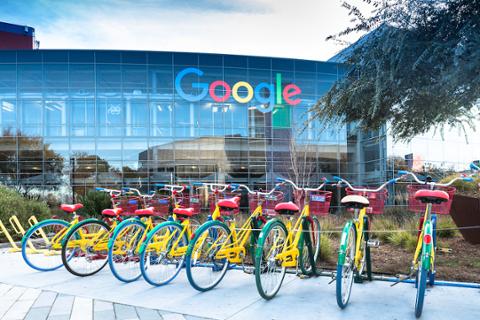Amazon and Walmart are locked in a war to determine the future of commerce. Walmart is the largest employer in U.S., with Amazon coming in second. And although Amazon is widely perceived as dominating e-commerce, Walmart clearly wants to seize more market-share in that area.
Software engineers and developers are the key to Amazon’s e-commerce dominance, as well as Walmart’s hopes to become more of an online player. In light of that, it’s worth looking at how much software engineers make at both Amazon and Walmart Labs (Walmart’s technology arm). In the battle for dollars, neither company can really afford to miss out on talented technologists who might mean the difference between innovation and stagnation.
This isn’t the first time we’ve made this comparison; back in 2019, we compared compensation for the respective companies’ software engineers and found that both pay handsomely (which makes sense, given their market share and need for skilled technologists). That pay also aligned closely with salaries at other tech giants, meaning that neither Walmart nor Amazon are paying extraordinary salaries in an attempt to stand out from, say, Apple or Google.
Like last time, we’re turning to levels.fyi, which crowdsources compensation data from the world’s largest tech companies. Here’s Amazon:
And here’s Walmart:
What can we determine from this data? First, it’s clear that Walmart and Amazon are roughly comparable when it comes to salary and bonuses (remember, these numbers are crowdsourced averages; individual engineers at both companies could be paid substantially more, depending on their tenure and specialization), but stock really makes the difference when it comes to overall compensation. Amazon’s burgeoning stock price and relative generosity with grants is clearly making the difference here, and probably translates into an advantage when it comes to hiring.
Over the past few years, Walmart has shown it’s committed to spending as much as it takes to leave an impact on e-commerce, including its $3.3 billion purchase of Jet.com back in 2016. However, Amazon has a technological footprint in a lot more areas, from cloud infrastructure to consumer A.I. If Walmart wants to expand to any of those areas, it will likely need to hire extremely specialized technologists—and those won’t come cheap.



